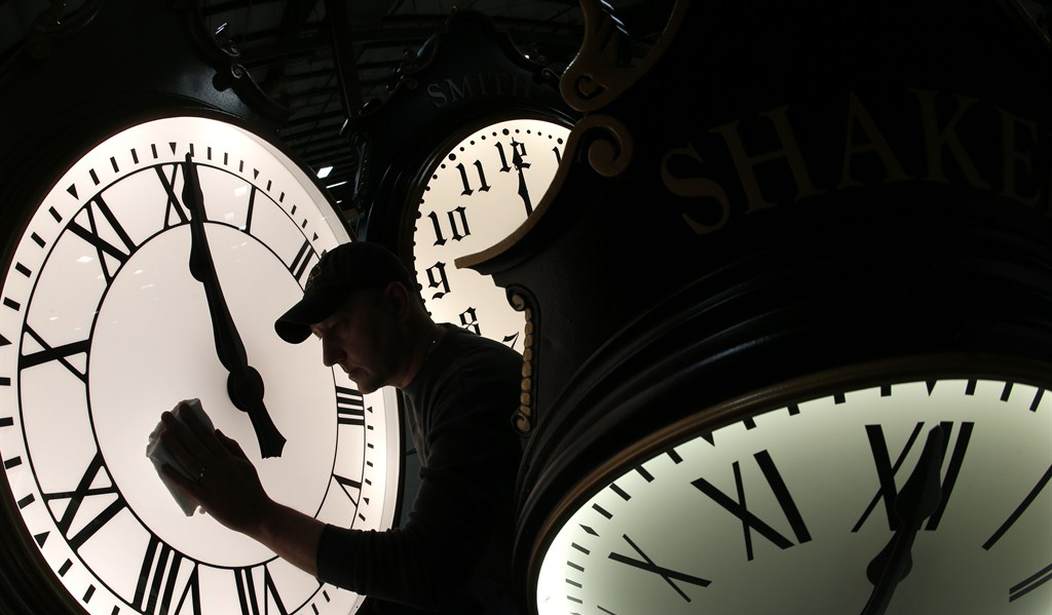The United States Senate passed a bill on Tuesday that would make daylight saving time permanent. While it’s embarrassing that this is one of the few things both sides of the aisle unanimously agreed upon in Congress, this is a fantastic idea.
According to National Public Radio, the last attempt to ditch the dreaded twice a year time change in 48 states was in 1974.
Hopefully, this effort championed by Sen. Marco Rubio (R-Fla.) will eventually pass the House and be signed into law by President Joe Biden.
“I know this is not the most important issue confronting America, but it’s one of those issues where there’s a lot of agreement,” Rubio said Tuesday, according to NBC News. “And I think a lot of people wonder why it took so long to get here.”
It’s no secret that the idea of changing clocks is widely unpopular, but there is an ongoing debate about whether or not time should be kept in daylight saving time or standard time. One common argument for not keeping daylight saving time is that it harms sleep patterns and results in children walking to school in the dark.
While I’m certainly not qualified to pontificate on how it impacts people’s sleep, it’s well-known and widely accepted that school start times are too early in many cases. Children and adolescents need 8 to 12 hours of sleep a night in order to stimulate healthy development, and early morning start times for most schools do not consider that.
Rubio also made a convincing argument for keeping those summer vibes going indefinitely.
“There’s some strong science behind it that is now showing and making people aware of the harm that clock switching has. We see an increase in heart attacks and car accidents and pedestrian accidents in the week[s] that follow the changes,” he said, according to a press release.
Related: Government Ruins Everything—Daylight Saving Time Edition
He also pointed out the consequences of seasonal affective disorder, which is a type of depression that occurs around the time the clocks change. MedlinePlus estimates that 0.5% to 3% of people deal with the condition to some degree.
“The benefits of Daylight Saving Time have also been accounted for in the research. For example, reduced crime as there’s light later in the day. We’ve seen decreases in child obesity. A decrease in seasonal depression that many feel during Standard Time.
“And then the practical one, one that I’ve witnessed with my own eyes…. We’re a country [in which] we desperately want our kids to be outside, to be playing, to be doing sports, not just to be sitting in front of a TV or a computer terminal or playing video games all day.”
His last point is arguably the most prudent, especially given the countless statistics that show that the U.S. struggles with obesity. The pandemic brought increased attention to the situation, as those who are obese are at a greater risk of severe illness or death from COVID-19.
That extra daylight at night all year round could have an impact on raising a healthier generation of Americans by encouraging them to go outdoors often. It may be a long shot, although any small steps that do not come with excessive government intervention should be welcomed.









